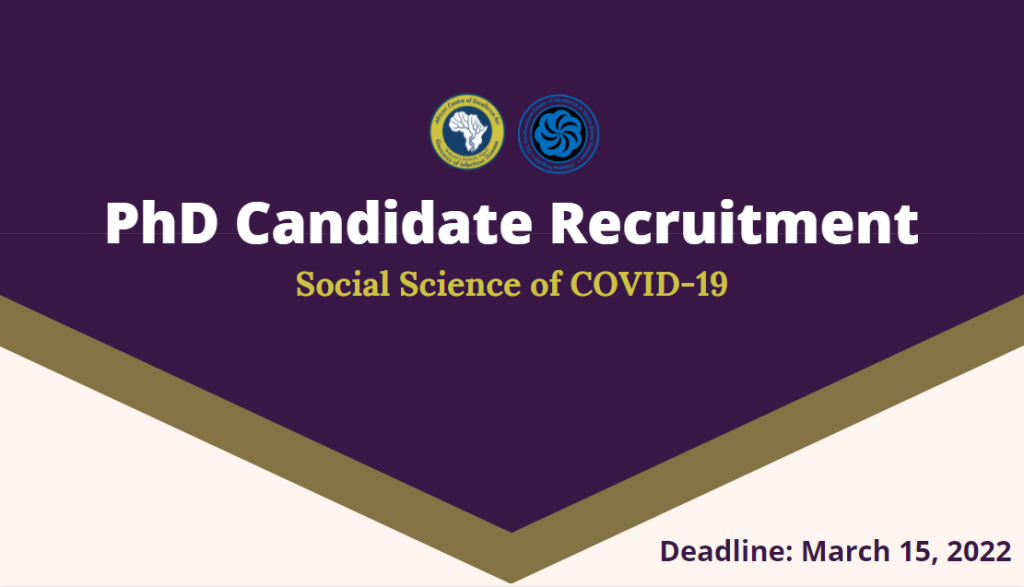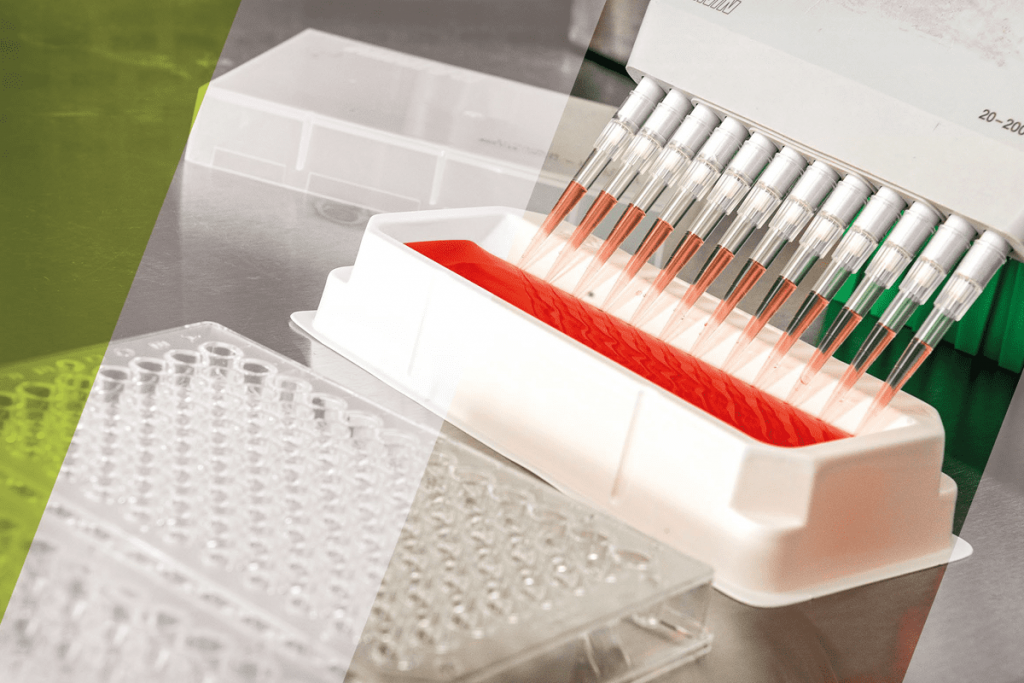ACEGID Supports Pubic Health Authorities with Evidence
ACEGID works with national, regional and international public health authorities on outbreak response. Using genomics data that are presented in interactive and engaging forms, we provide evidence to inform policy formulation, implementation and review. For example, ACEGID generated and shared genomics data that guided the Nigerian Centre for Disease Control’s policies. The centre’s collaboration with …
ACEGID Supports Pubic Health Authorities with Evidence Read More »





